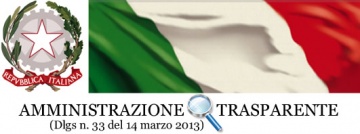Small-molecule drug discovery in immunotherapy - Angelo Fontana, ICB-CNR
Abstract: Drug discovery is the process by which new candidate drugs are ascertained. In the early phase, the process concerns the identification of small molecules that can cause a biological consequence and have functional impacts. In immunotherapy, which is the use of immunity-enhancing approaches as a medical treatment, the aim is the discovery of molecules that can trigger an inducible response to eliminate infections and damaged self-cells, and maintain physiological homeostasis and health. Unlike the adaptive (acquired) immune system, the innate immunity response does not require training or adaptation to specific antigens and uses pathways and receptors that have developed early in evolution as an essential response to different non-self or toxic molecules. In this contribution, I will summarize the results of recent studies on the unconventional modulation of innate immunity by natural products in my laboratory. As archetype of this work, I will discuss the unprecedented case of a class of sulfolipids, e.g. the marine Sulfavant A (SULF A), that can stimulate cells including phagocytes and antigen presenting cells via mechanisms involving the triggering receptor expressed on myeloid cells 2 (TREM2). Using these molecules, we have developed new drug candidates able to potentiate the protective effects of vaccines by dendritic cell (DC) stimulation or activate microglia in order to enhance the removal of amyloid beta (Ab) and slow cognitive and functional decline in Alzheimer’s disease.
Host: Anna Chiara De Luca (


